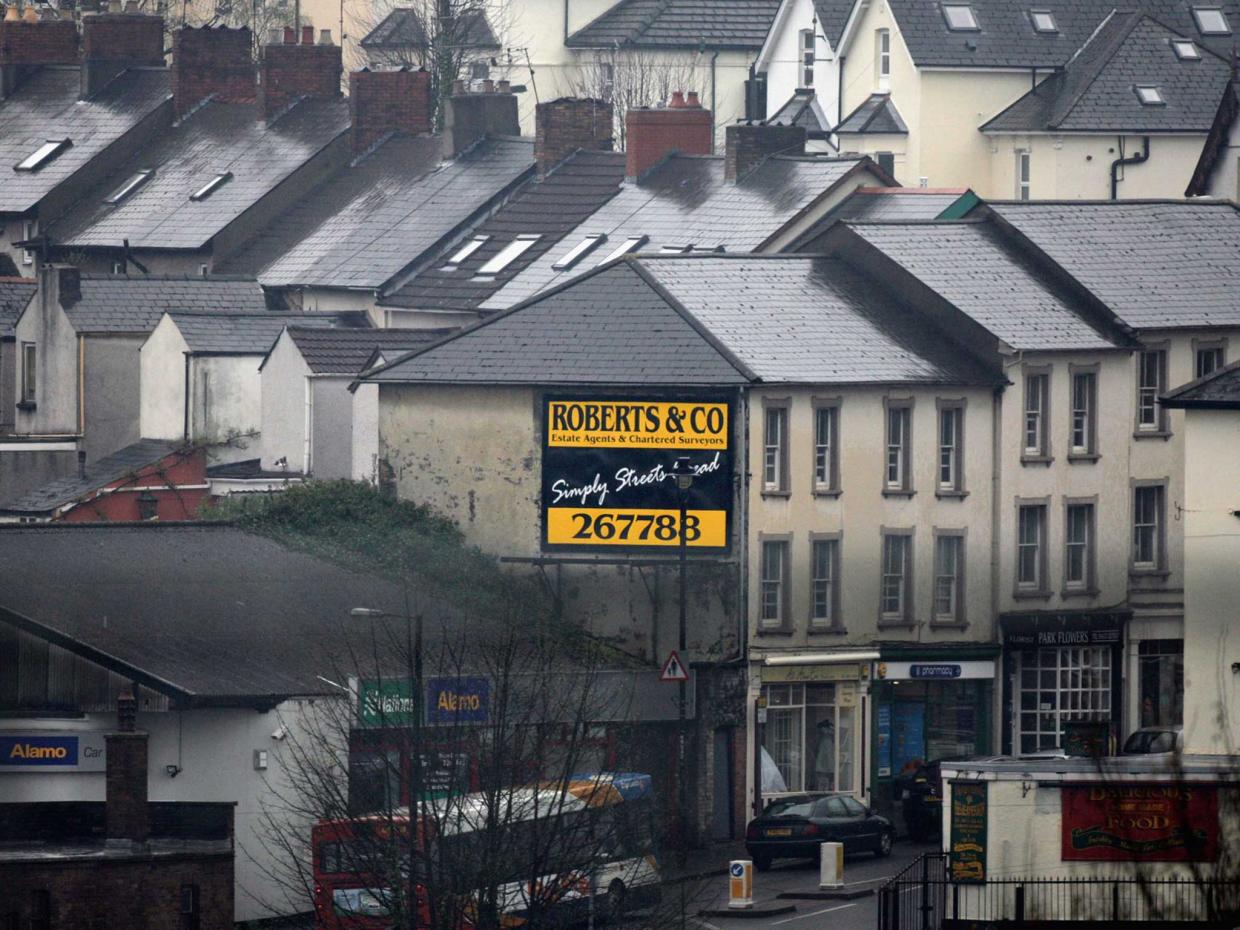Britain’s housing shortage has led to most people under 45-years-old putting major milestones in their life on hold, new research has suggested.
The charity Shelter found that 59 per cent of people in that age group had put off major life decisions like marriage, starting a family, or moving into a job.
The research, conducted by pollsters YouGov, showed the far-reaching effects on the housing crisis beyond simply having somewhere to live.
House prices have continued to rise in recent years, with the average house price in London passing £600,000 for the first time at the start of this month.
Statistics from late last year also saw private rents rising at their fastest rate in around three years, putting even further pressure on anyone thinking of saving for a mortgage deposit.
Britain’s housing shortage is so acute that first time house buyers are now 38-years-old, on average.
That number is expected to rise to 41 by 2025, according to financial services firm London Victoria. The lack of affordable housing is having an increasingly far-reaching effect on personal lives.
19 per cent of people under 45 surveyed by YouGov said they had experienced a delay finding a job, while 16 per cent said they had postponed getting married.
22 per cent said they had put off having children because of their housing situation. Around one in ten expected to delay any eventual retirement from work.
The Government has unveiled a Starter Home scheme which it has said will help boost home ownership. But, the scheme has been criticised because the houses are still out of the reach of most people on ordinary incomes.
Other recent government policies include the removal of security of tenure for new social housing tenants and the sell-off of high value council homes.
Campbell Robb, Shelter’s chief executive, said young people had been left in “limbo” because of the shortage.
“Everyone deserves the chance to have a home where they can put down roots and build a life for themselves,” he said.
“But our ever-growing housing crisis means millions of young people are being left behind – unable to reach many of the crucial life milestones that were taken for granted by the generations who came before them.
“As Shelter reaches its 50th year, it’s heart-breaking to see so many young people still living in a housing limbo, facing a frustrating lifetime of instability where they feel unable to move forward with their lives.
“We cannot make this crisis someone else’s problem, and it’s the responsibility of all of us to help fix it.”


